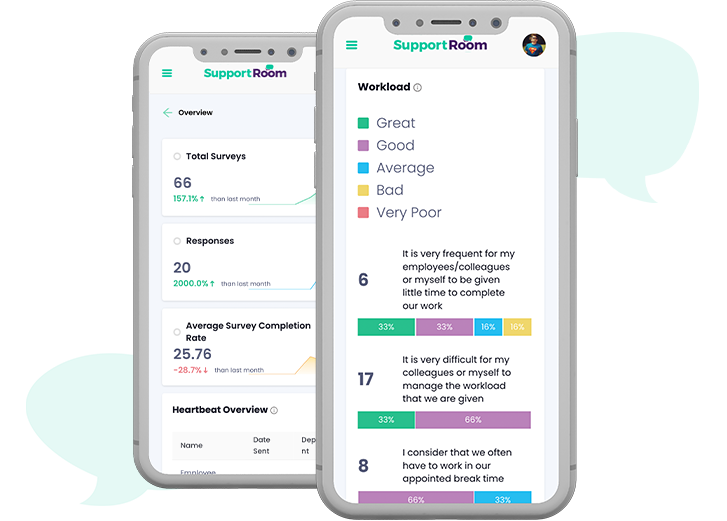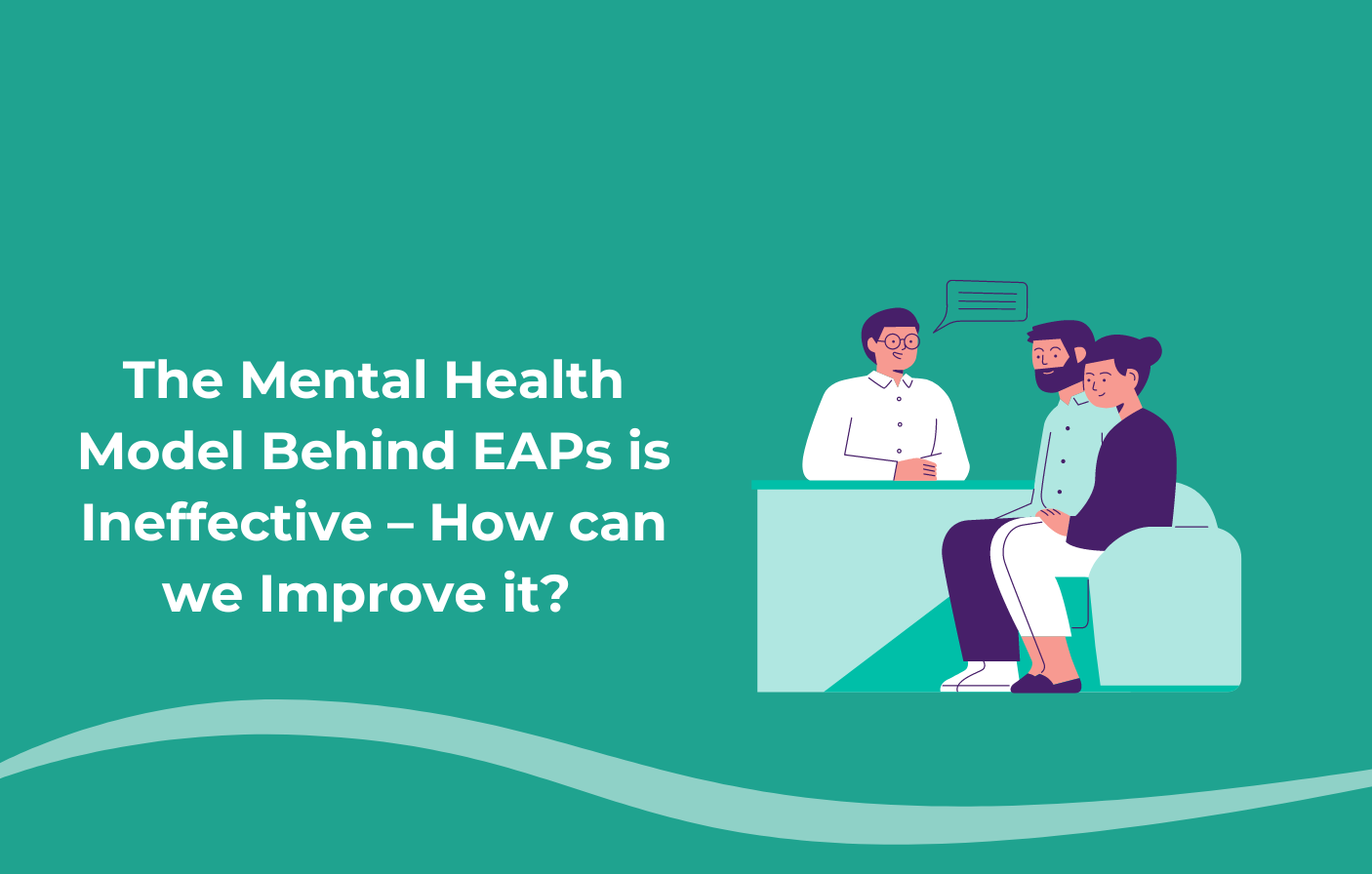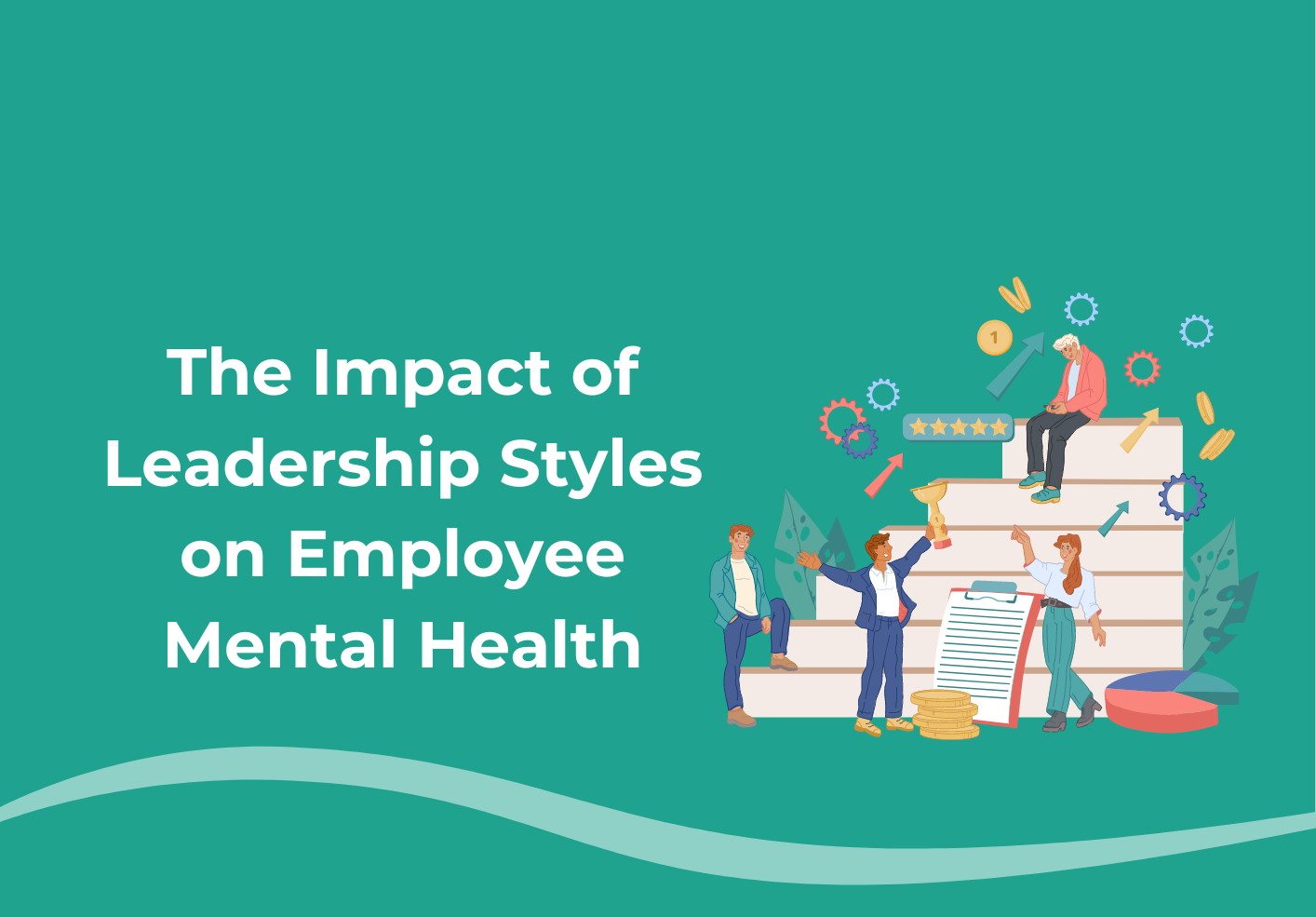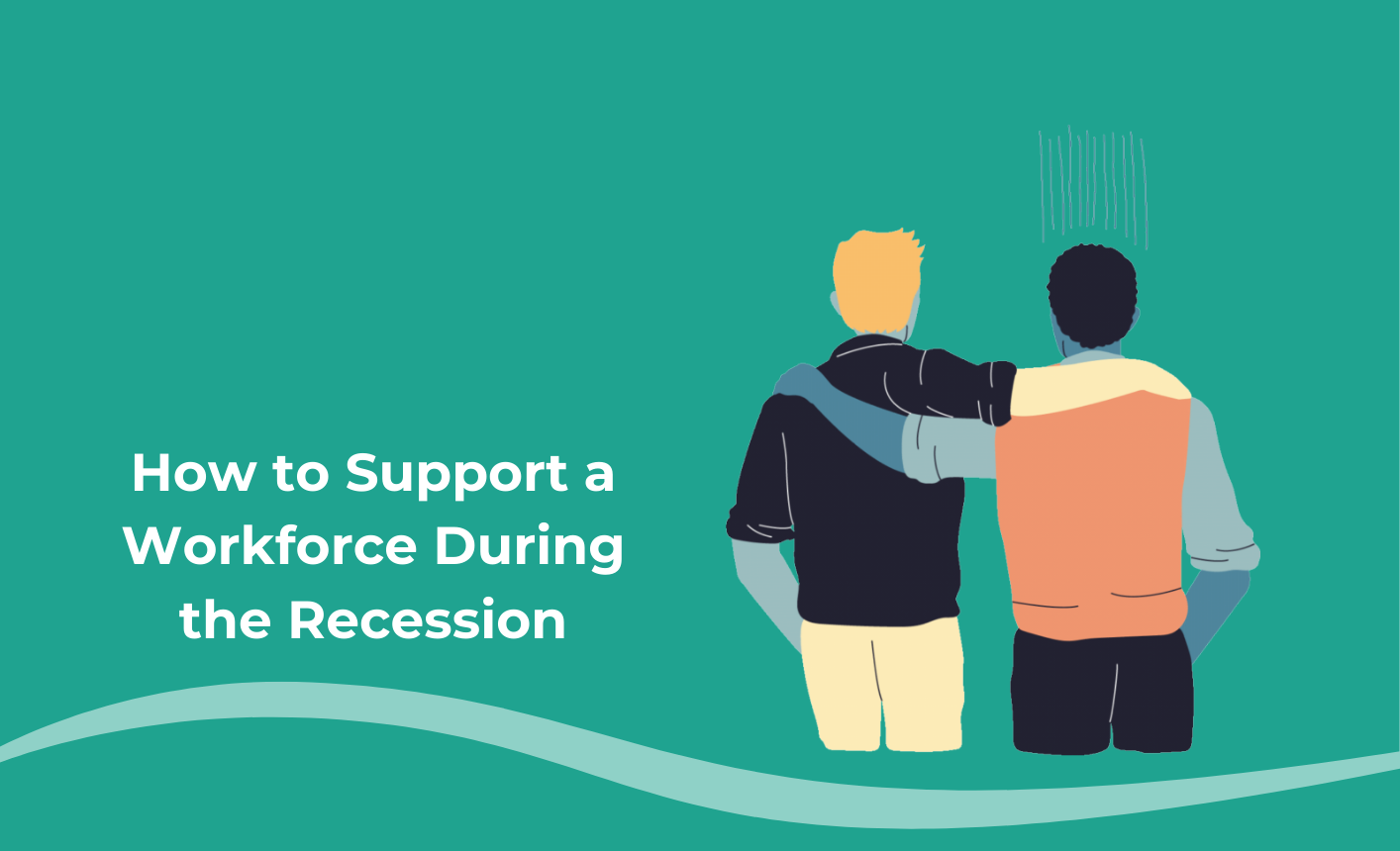Did you know that biology can play a role in whether you develop a mental health issue? Do you happen to have a history of mental health issues or disorders in the family? Genetics and mental health go hand in hand, a lot of the time; it’s key that you’re aware of the risk factors so that you can notice change within yourself sooner rather than later.
Nowadays, there are many mental health issues that are gaining more awareness and recognition. Every single one is unique and they can happen for a number of reasons. One of them is due to genetics. They can be a significant cause behind certain mental disorders.
For the rest of this article, we’ll unpack genetics and mental disorders; which ones are genetic; and what are the most well-known.
Are mental health disorders genetic?
There are many common mental health disorders that you can get from genetics. Depression is a major one. Unfortunately, some people believe that mental health issues can be “all in your head”. But there are actual disorders that you can be predisposed to, because of your biology.
There are more specific mental disorders that you can get from family history. These can be anywhere from autism or bipolar disorder, to schizophrenia or ADHD. But that doesn’t mean that a person will certainly develop these mental health issues. While they may be at risk, it’s not exactly destined that a person will struggle to concentrate, for example!
While our development of mental health issues can be affected by genes, this isn’t the sole factor. There are other things that need to be considered. Such as any traumatic or stressful experiences lately, a person’s childhood, the environment or lifestyle they have, how they treat themselves. This can happen in combination with genetics.
What are the most well-known hereditary disorders?
There are certain mental disorders that are almost always inherited genetically. Some of the most well-known genetic mental disorders:
- Addictions
- Attention deficit hyperactive disorder (ADHD)
- Anxiety disorders
- Autism
- Bipolar disorder
- Eating disorders
- Major depressive disorder
- Obsessive compulsive disorder (OCD)
- Phobias
- Postpartum depression
- Schizophrenia
Mental disorders can be genetic. But it’s important to know that it’s not cut and dry! People can gain mental health issues due to other factors that have nothing to do with their biology. This is why you may find seeking therapy more beneficial as a treatment, as opposed to taking medication.
SupportRoom
Our platform is now live! Register your interest and connect with a therapist instantly. SupportRoom is here to revolutionise the way we access mental support. Nobody should suffer in silence, and we think that therapy support should be immediate and accessible.
Our platform offers patients confidential, professional mental health support for individuals and businesses. We connect you with licensed professionals, who can provide round-the-clock support via multiple formats – such as unlimited messaging or video calls.
We also have an EAP solution that provides detailed analytics to help organisations improve mental health within their workplace, and understand why their employees may suffer from mental health issues.

Gain FREE access to Heartbeat
Get a free Heartbeat Survey.
Let us uncover the true state of your team’s wellbeing with a free mental health survey for your entire organisation.
Gain valuable insights to see how you can better support your team’s mental health and performance.
No pitch. No credit card required.

Gain FREE access to Heartbeat
Get a free Heartbeat Survey.
Let us uncover the true state of your team’s wellbeing with a free mental health survey for your entire organisation.
Gain valuable insights to see how you can better support your team’s mental health and performance.
No pitch. No credit card required.





